What Is Uv Water Filter ?
A UV water filter, also known as an ultraviolet water disinfection system, is a device that uses ultraviolet light to kill or inactivate microorganisms in water. It is commonly used as a method of water treatment to ensure the removal of harmful bacteria, viruses, and other pathogens. UV water filters work by exposing the water to UV light, which damages the genetic material of microorganisms, preventing them from reproducing and causing illness. This method is effective in eliminating a wide range of waterborne pathogens without the use of chemicals, making it a popular choice for residential, commercial, and industrial applications. UV water filters are typically installed as part of a larger water treatment system and require regular maintenance, such as replacing the UV lamp, to ensure optimal performance.
1、 Ultraviolet (UV) Water Filtration Technology
Ultraviolet (UV) water filtration technology is a method used to disinfect water by using ultraviolet light to kill or inactivate microorganisms such as bacteria, viruses, and parasites. This technology has gained popularity in recent years due to its effectiveness in providing safe and clean drinking water.
UV water filters work by exposing water to a UV light source, typically a UV lamp, which emits a specific wavelength of light that is lethal to microorganisms. As water passes through the UV chamber, the UV light penetrates the cell walls of the microorganisms, damaging their DNA and preventing them from reproducing. This effectively eliminates the risk of waterborne diseases and ensures the water is safe for consumption.
One of the key advantages of UV water filtration is that it does not use any chemicals or produce any harmful byproducts, making it an environmentally friendly solution. It also does not alter the taste, odor, or color of the water, unlike some other water treatment methods. UV water filters are relatively low maintenance and require periodic lamp replacement to ensure optimal performance.
In recent years, there have been advancements in UV water filtration technology to enhance its efficiency and effectiveness. For example, some UV filters now incorporate additional features such as pre-filtration to remove sediment and other particles that can interfere with the UV disinfection process. This helps to improve the overall performance and lifespan of the UV lamp.
Furthermore, there has been a growing trend towards the use of UV water filters in residential and commercial settings. With increasing concerns about waterborne illnesses and the need for safe drinking water, UV filtration provides a reliable and cost-effective solution. It is particularly useful in areas where access to clean water is limited or where there are concerns about the quality of the water supply.
In conclusion, UV water filtration technology is an effective and environmentally friendly method of disinfecting water. With ongoing advancements, it continues to be a reliable solution for ensuring safe and clean drinking water.
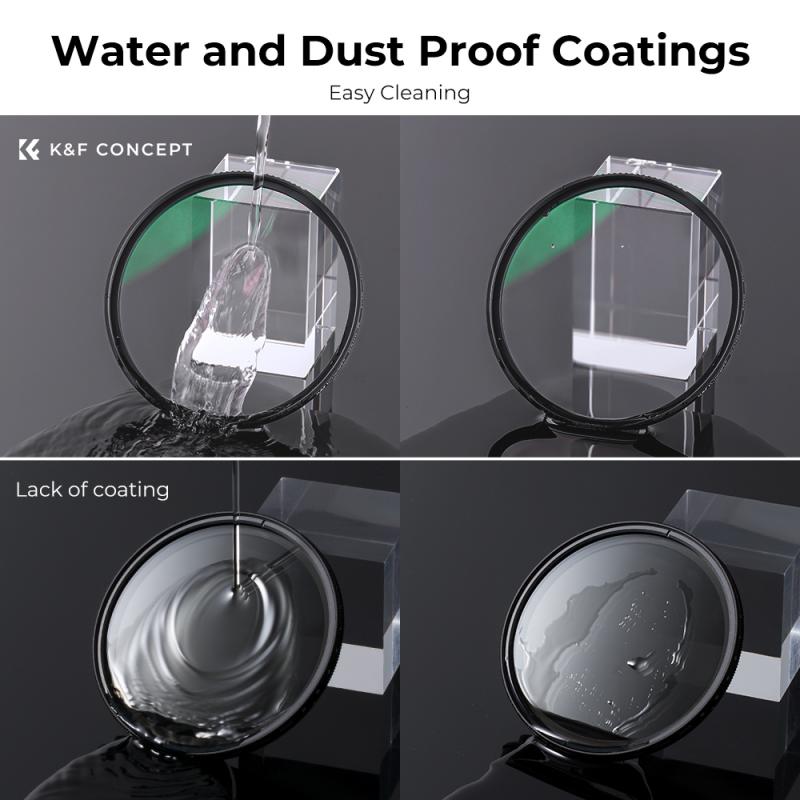
2、 How UV Water Filters Work
A UV water filter, also known as an ultraviolet water disinfection system, is a device that uses ultraviolet light to kill or inactivate bacteria, viruses, and other microorganisms in water. It is commonly used in residential, commercial, and industrial settings to ensure the safety and purity of drinking water.
UV water filters work by exposing the water to ultraviolet light, typically at a wavelength of 254 nanometers. This wavelength is highly effective at disrupting the DNA of microorganisms, preventing them from reproducing and rendering them harmless. The UV light penetrates the cell walls of bacteria and viruses, damaging their genetic material and preventing them from functioning properly.
One of the key advantages of UV water filters is that they do not use any chemicals, such as chlorine, to disinfect the water. This makes them a safe and environmentally friendly option for water treatment. UV filters also do not alter the taste, odor, or pH of the water, ensuring that it remains as close to its natural state as possible.
UV water filters are typically installed as part of a larger water treatment system. They are often used in conjunction with other filtration methods, such as activated carbon filters, to remove sediment, chemicals, and other impurities from the water before it is exposed to the UV light.
In recent years, there has been growing interest in the use of UV water filters as a means of combating emerging pathogens, such as the COVID-19 virus. While UV light has been shown to be effective against a wide range of microorganisms, including coronaviruses, further research is needed to determine its specific efficacy against COVID-19. Nonetheless, UV water filters remain a reliable and proven method for disinfecting water and ensuring its safety for consumption.
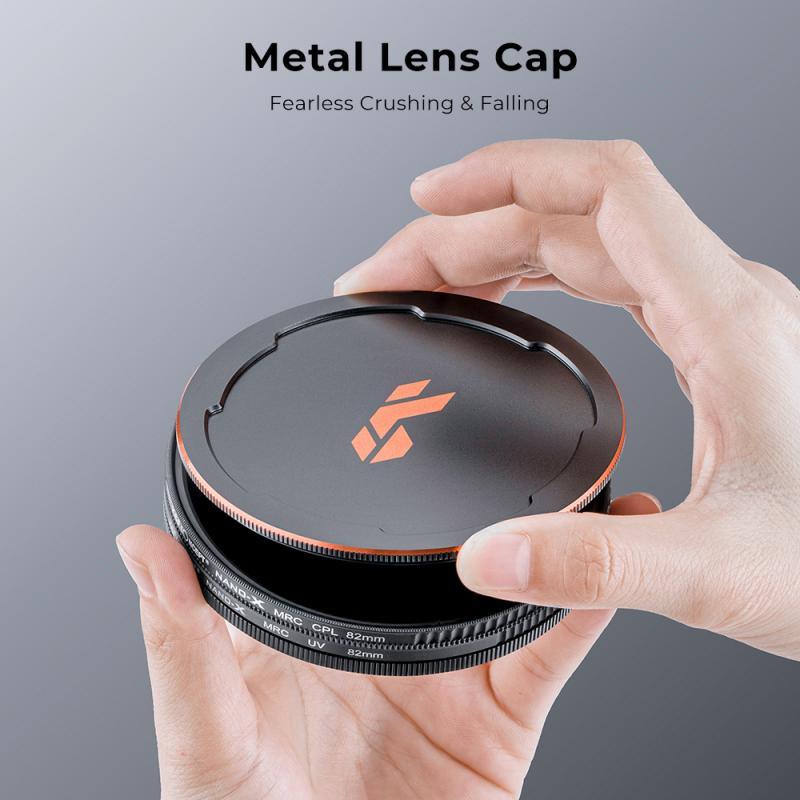
3、 Benefits of UV Water Filtration Systems
A UV water filter, also known as a UV water purification system, is a device that uses ultraviolet light to kill or inactivate bacteria, viruses, and other microorganisms in water. It is an effective method of water disinfection that does not require the use of chemicals.
UV water filters work by exposing water to UV light, which damages the DNA of microorganisms, preventing them from reproducing and causing illness. The UV light used in these filters is typically in the range of 254 nanometers, which is highly effective at killing a wide range of pathogens.
There are several benefits of using UV water filtration systems. Firstly, they provide a chemical-free method of water disinfection. Unlike other water treatment methods such as chlorination, UV filtration does not introduce any chemicals into the water, making it a safe and environmentally friendly option.
Secondly, UV water filters are highly effective at killing a wide range of microorganisms, including bacteria, viruses, and parasites. They have been proven to be effective against common waterborne pathogens such as E. coli, Giardia, and Cryptosporidium.
Furthermore, UV water filtration systems are relatively low maintenance. Once installed, they require minimal upkeep, with only the UV lamp needing periodic replacement. This makes them a convenient and cost-effective option for ensuring safe drinking water.
In recent times, the importance of UV water filtration systems has been highlighted by the COVID-19 pandemic. While UV filters are not specifically designed to kill the coronavirus, they have been proven effective against other similar viruses. As a result, there has been increased interest in using UV filtration as an additional layer of protection against waterborne pathogens.
In conclusion, a UV water filter is a device that uses ultraviolet light to kill or inactivate microorganisms in water. It offers a chemical-free and effective method of water disinfection, with low maintenance requirements. With the growing concern over waterborne illnesses, UV water filtration systems have become an important tool in ensuring safe drinking water.
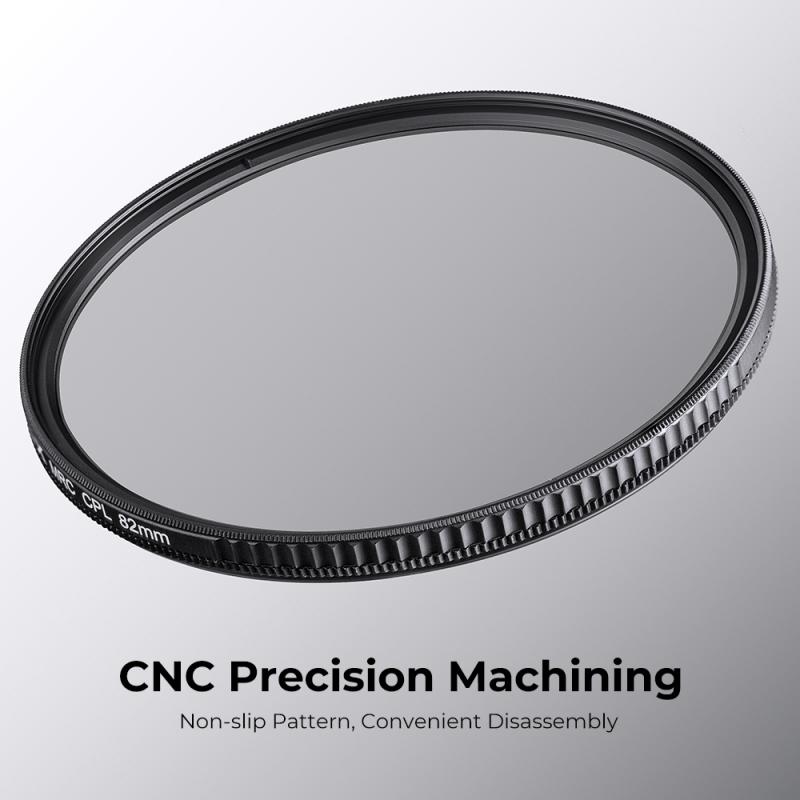
4、 Limitations of UV Water Filters
UV water filters are devices that use ultraviolet light to disinfect water by killing or inactivating bacteria, viruses, and other microorganisms. These filters are commonly used in residential, commercial, and industrial settings to provide safe and clean drinking water.
UV water filters work by exposing the water to a UV light source, typically a UV lamp. The UV light damages the DNA of microorganisms, preventing them from reproducing and rendering them harmless. This process is effective against a wide range of pathogens, including E. coli, Giardia, and Cryptosporidium.
One of the main advantages of UV water filters is that they do not use any chemicals, making them a safe and environmentally friendly option for water treatment. They also do not alter the taste, odor, or pH of the water, unlike some other water treatment methods.
However, UV water filters have some limitations. Firstly, they are only effective against microorganisms and do not remove other contaminants such as heavy metals, chemicals, or sediment. Therefore, it is important to use UV filters in conjunction with other filtration methods, such as activated carbon filters or reverse osmosis systems, to ensure comprehensive water purification.
Another limitation is that UV light can only disinfect water that is directly exposed to it. If there are any shadows or areas where the UV light cannot reach, microorganisms in those areas may not be effectively treated. Therefore, proper installation and maintenance of UV water filters are crucial to ensure optimal performance.
It is also important to note that UV water filters require a power source to operate, which may not be readily available in certain situations, such as during power outages or in remote areas. Additionally, the lifespan of UV lamps is limited, and they need to be replaced periodically to maintain their effectiveness.
In conclusion, UV water filters are an effective and chemical-free method for disinfecting water from microorganisms. However, they have limitations in terms of their inability to remove other contaminants and their reliance on a power source. Therefore, it is important to consider these factors and use UV filters in conjunction with other filtration methods for comprehensive water treatment.
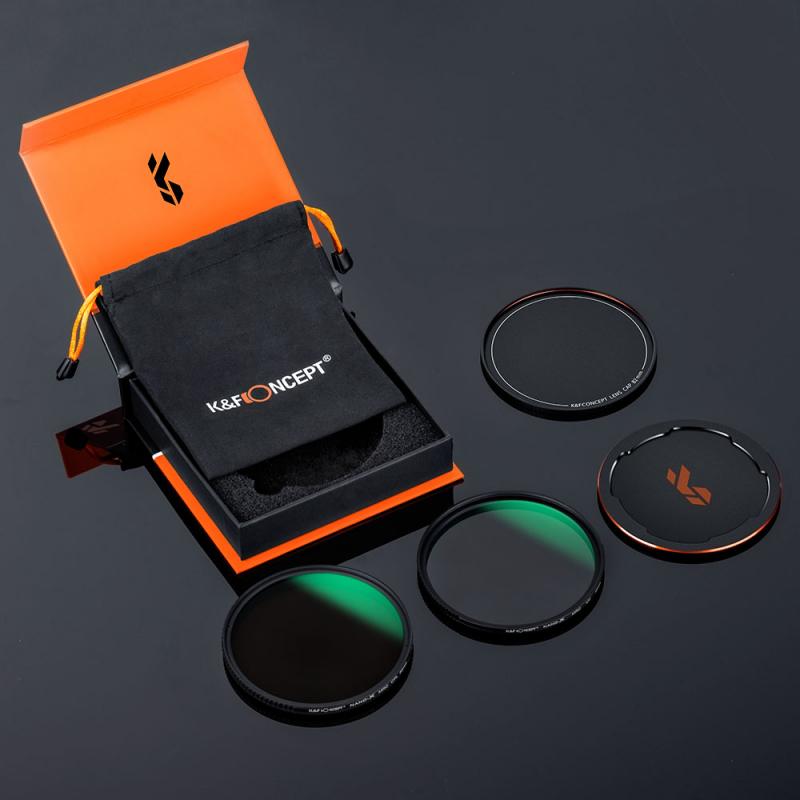

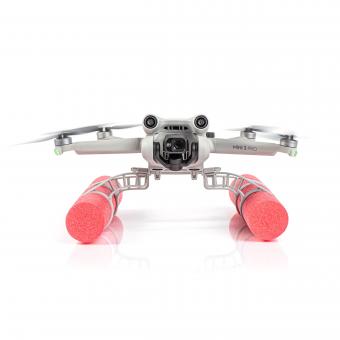

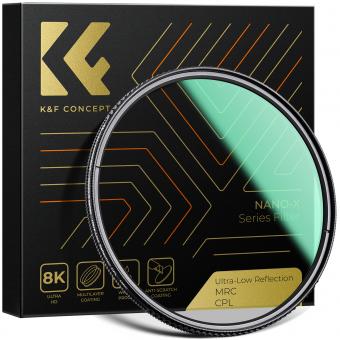
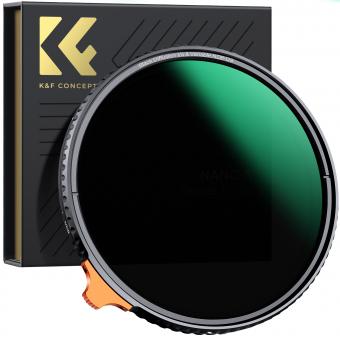



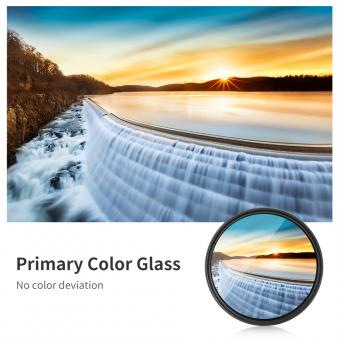





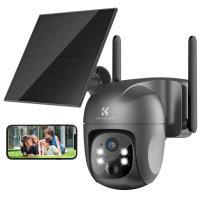
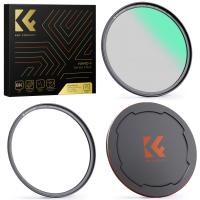
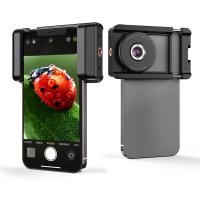
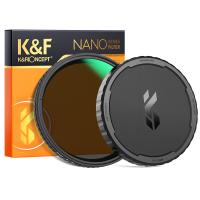
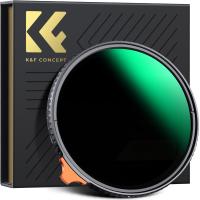
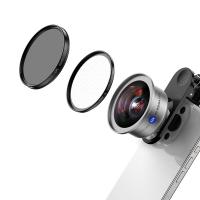
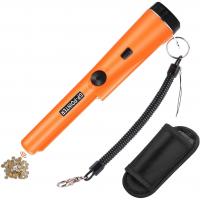
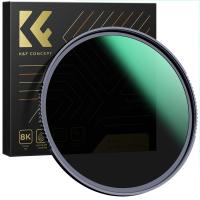
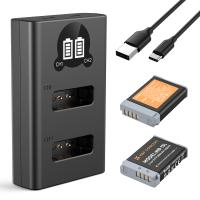
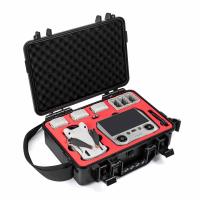

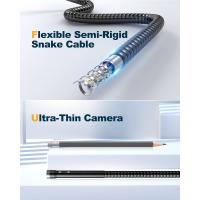

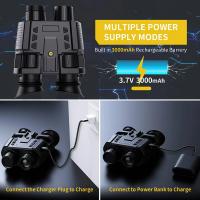
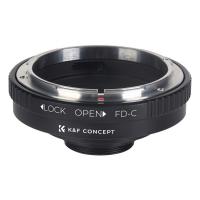
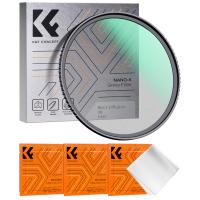
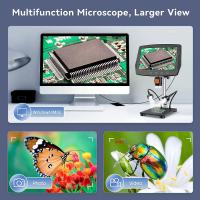

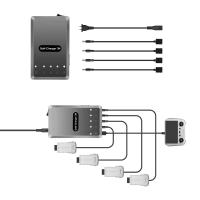

There are no comments for this blog.